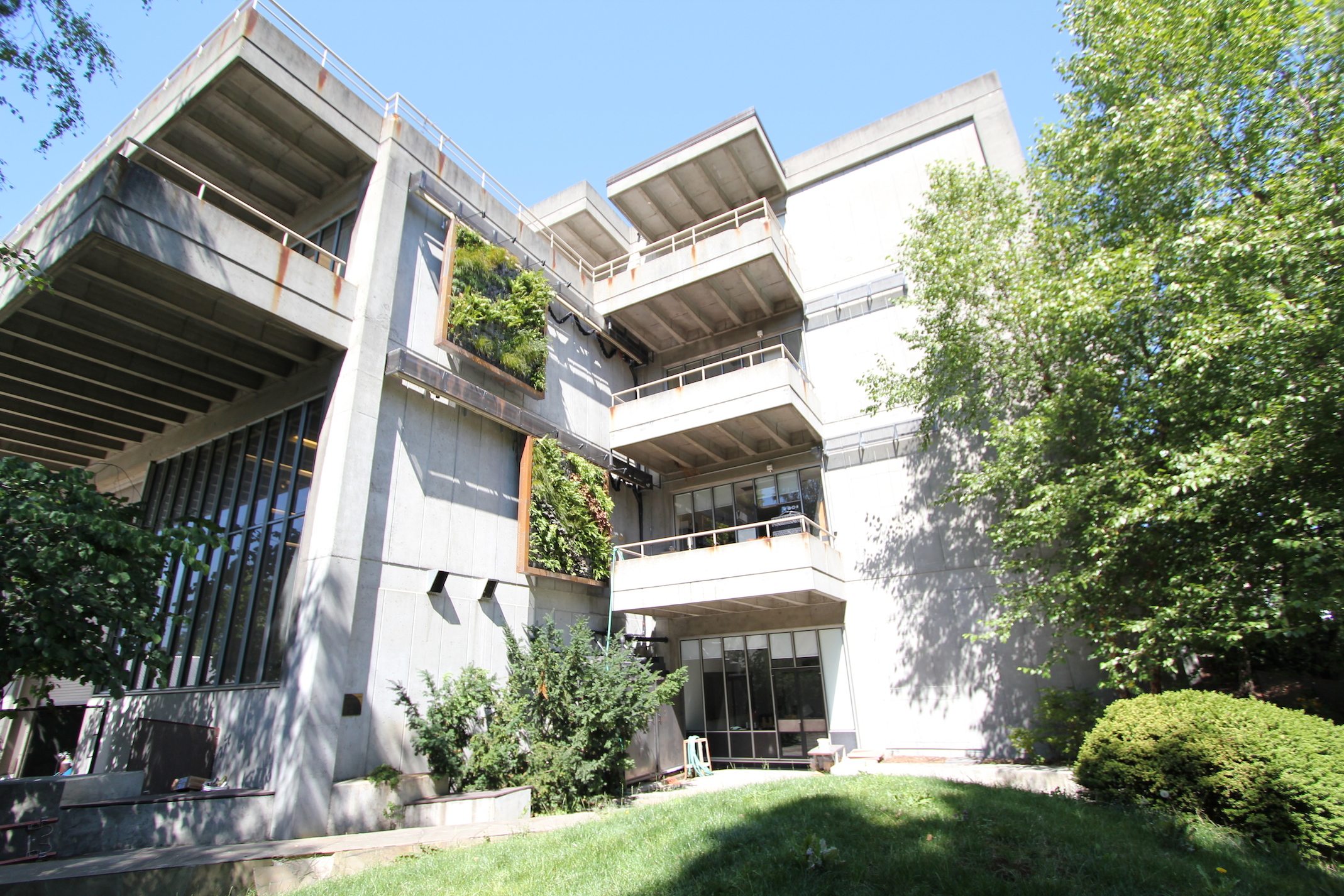 The University of Washington campuses serve as living laboratories for a broad range of sustainability-related projects that address operational, education, and research challenges and opportunities.
The University of Washington campuses serve as living laboratories for a broad range of sustainability-related projects that address operational, education, and research challenges and opportunities.
Many of these projects provide innovative solutions for our campus, as well as for our local communities and for the state, by linking the creative new ideas of students with the expertise of our faculty and staff. A living lab project may involve students, faculty, and staff working together on a research project, pilot, or campus-wide initiative on one of our campuses. Such projects work to provide information and solutions that help in achieving the UW's sustainability goals or that have value and meaning for our local community or State.
Grand grant opportunities such as the Campus Sustainability Fund allow the UW community to propose and implement projects that lessen the university's environmental impact and further UW's sustainability goals.
The criteria below are key considerations in developing a living lab project:
- Place: projects reflect a commitment to our campuses, the surrounding community, or our State
- Sustainability: projects strive to implement lasting change that incorporates the full spectrum of social, cultural, ecological, and economic dimensions of sustainability
- Real-world learning: projects link educational goals with real world needs and applications
- Fit: projects supports the campuses’ sustainability goals, as well as community and State interests
- Adaptive: projects provide information and data that serve to optimize future efforts
- Collaborative Action: projects engage students, faculty, and staff, as well as (when appropriate) constituents from local communities and the State
- Evaluation and continuous improvement: projects monitor progress and evaluate impacts
Examples of living lab projects at UW:
Field Projects
- School of Aquatic and Fishery Sciences - Alaska Salmon Program - Be Boundless Feature
UW Bothell
UW Seattle
- Campus Sustainability Fund projects
- Sustainability Studio course
- UW Farm
- UW Tower projects
- Kincade Ravine Bioswale Assessment
- Sustainable Stormwater
- Gould Hall Green Wall
- UW Farm Greenhouse
UW Tacoma